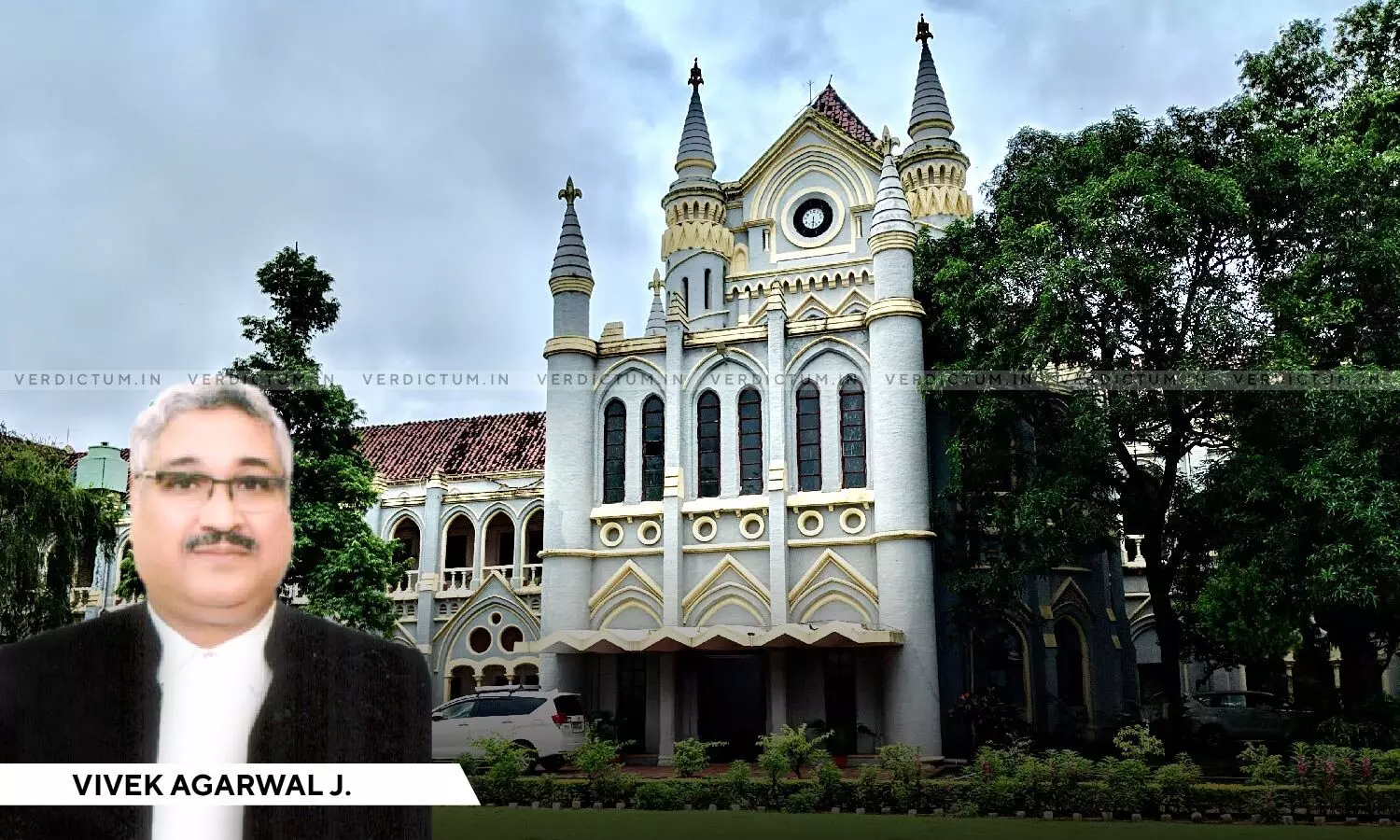
Unrecognized Political Party Has No Locus To Seek Allotment Of Government House: Madhya Pradesh HC Dismisses Petition
 |
|The Madhya Pradesh High Court upheld the rejection of a political party's application for a Government house allotment by the Home Department. The Court ruled that the party, despite its claims of registration, failed to prove its recognition at the State or National level as required by law. The Court emphasized the need for political parties to be registered with the Election Commission of India for recognition.
In this writ petition, a political party, Jailok Party, sought a direction to quash an order, passed by the Home Department, Government of Madhya Pradesh, rejecting their application for allotment of a Government house. The rejection was based on the grounds that the political party was neither recognized at the State Level nor the National Level.
A Bench of Justice Vivek Agarwal held, “It is evident from the impugned order that the reason assigned is that name of petitioner's party is not included in the list of National or State parties issued by the Election Commission of India. Thus, it is noted that an unrecognized political party has no locus to seek allotment of a house and, thus, the application is rejected”
Advocate Ved Prakash Nema appeared for the Petitioner and Advocate Subodh Kathar appeared for the Respondents.
The petitioner's counsel argued that the party was duly registered and contended that there was no official classification of parties as "National Level recognized" or "State Level recognized." The petitioner claimed entitlement to a Government accommodation as the President of the Jailok Party.
The Court noted that this case was the second round of litigation. In a previous case the High Court had directed the authorities to reconsider the petitioner's claim and specify the reasons if the party was not entitled to a government quarter under the Rules of 2000.
The Court referred to legal definitions and provisions related to political parties, emphasizing the requirement for a party to be registered with the Election Commission of India to be considered recognized. The Court said, “though petitioner has filed a covering memo on 25/10/2023 enclosing a resolution and constitution of Jailok Party but has not enclosed a copy of any document to show that petitioner's party is a recognized political party within the meaning of Section 2(1)(f) of the Representation of the People Act or as per the first proviso to Section 33(1) of the Representation of People Act or in terms of paragraph 3 of the Election Symbols (Reservation and Allotment) Order 1968 and, therefore, there being no material on record to show that petitioner's party is either a recognized State party or a recognized National party, the impugned order having been passed declaring allotment of a house with regard to the petitioner on the touchstone of being not a recognized State or National party cannot be faulted with.”
The Court found that petitioner failed to provide evidence demonstrating their party's recognition status under the relevant laws and that the impugned order was valid since the petitioner's party did not meet the criteria of a recognized political party as defined by the law.
Consequently, the Court dismissed the petition, deeming it devoid of merit.
Cause Title: Jai Lok Party v. The State of Madhya Pradesh & Ors.
Click here to read/download Order